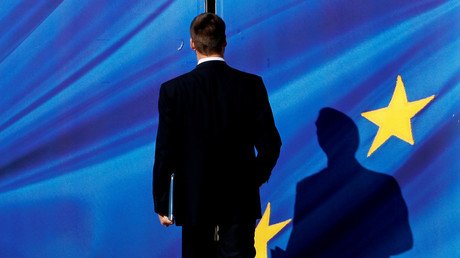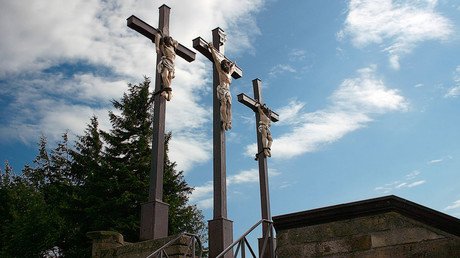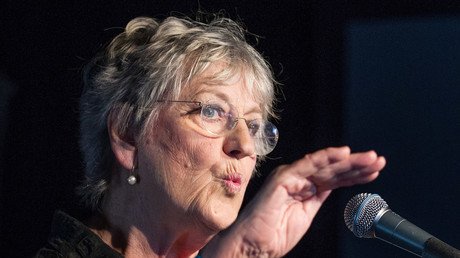Spain’s PM Rajoy ousted in no-confidence vote over corruption scandal
Spain’s Prime Minister Mariano Rajoy, whose People’s Party has been embroiled in a scandal over kickbacks, is stepping down after losing a no-confidence vote. Socialist Party leader Pedro Sanchez will replace him.
The no-confidence motion was initiated by the opposition Socialist Workers’ Party (PSOE) on Thursday and supported by Catalan parties and the leftist Podemos. With the centrist party Ciudadanos abstaining, Rajoy’s People’s Party (PP) and its allies was left at the mercy of the Basque Nationalist Party and its five crucial votes. The vote, which required a simple majority, ended with 180 in favor of ousting Rajoy, 169 against and one abstention.
Earlier on Friday, Rajoy conceded defeat to PSOE leader Pedro Sanchez, who will now become prime minister.
Rajoy had refused to step down before the no-confidence vote, and has defended his party in the corruption scandal that has now proven to be his downfall. Last week, dozens of former PP officials were jailed for money laundering and fraud, and the party fined €240,000 over a kickbacks-for-contracts scheme they ran between 1999 and 2006.
The corruption scandal, known as the Gurtel case after the German translation of one of the main suspects’ name, came to prominence in January 2013 when El Pais published documents alleged to show secret donations and payments to PP members.
While Rajoy's name comes up several times in the leaked papers, he has denied receiving any payments, and remained defiant in the face of an investigation which ultimately convicted 29 officials and businessman. PP's former treasurer, for example, was sentenced to 33 years in jail.
Rajoy himself is not accused of any wrongdoing, but the scandal has been eroding his support with voters. In the 2015 general election, PP lost a third of its seats compared to the landslide win of 2011.
Further adding to the frustration, and securing pro-Catalan parties' support for the no-confidence vote, was the brutal crackdown on the independence movement of Catalonia in the autumn of 2017. In October, the wealthy region held a referendum which showed an overwhelming backing for breaking away from Spain, albeit at a below-50-percent turnout. Madrid sent police to forcibly remove voters from polling stations, injuring at least 400 people and arresting a number of pro-independence leaders. After the local parliament honored the result and declared independence, it was dissolved by the central government’s decree, and a snap election was called. While human rights groups, including HRW and Amnesty International, condemned the crackdown, central EU leadership preferred to remain neutral, saying it was Spain’s “internal matter.”
Ultimately, this cost PP its comfortable parliamentary majority, enabling Friday’s no-confidence vote, something that had been untenable back when the corruption case first came to public light.
If you like this story, share it with a friend!















